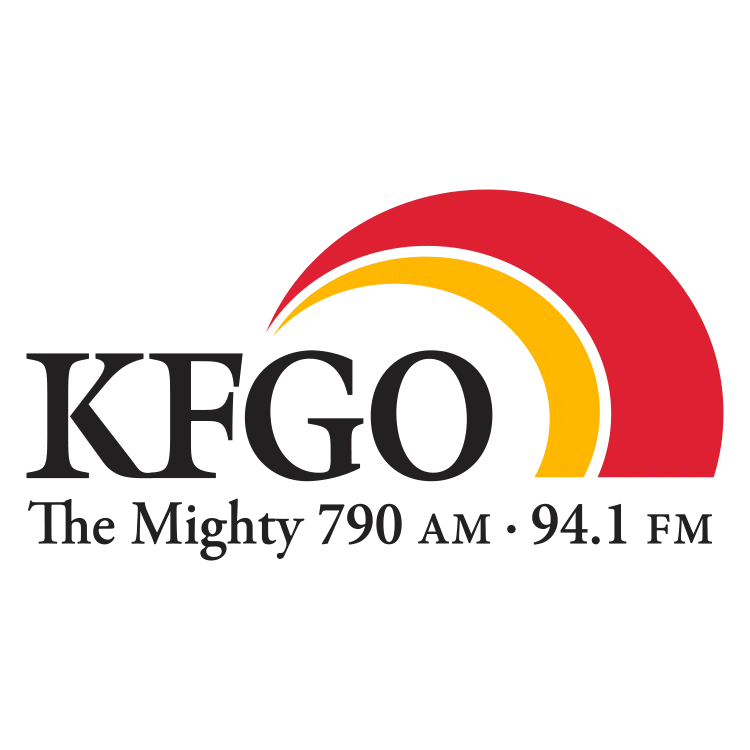By Allison Martell and Moira Warburton
TORONTO (Reuters) – Millions of face masks stockpiled by Ontario in the aftermath of the SARS outbreak to protect healthcare workers during a future epidemic have expired, according to provincial officials and documents, raising questions about the readiness of Canada’s most populous province to deal with the spreading coronavirus.
Thirteen years ago, Ontario stockpiled some 55 million N95 masks and other medical equipment after the province bore the brunt of the SARS epidemic in Canada in 2002 and 2003. But provincial officials have confirmed that the masks in the stockpile have passed their expiration date and sidestepped questions about how many masks, including expired ones, remain.
Public health officials have said masks may be less effective beyond the expiration date determined by the manufacturer. The U.S. Centers for Disease Control and Prevention (CDC) in the past has recommended use of expired masks only under “crisis” shortage situations.
Healthcare providers in Ontario have expressed worry about shortages of protective supplies like masks, given the expected spike in demand during an outbreak like the novel coronavirus that originated in China and has spread to various parts of the world. Canada has reported more than 70 cases of coronavirus infections as well as one death. Canadian hospitals have been told by provincial officials to maintain a four-week supply as standard policy.
Ontario, which includes Canada’s largest city Toronto, said in 2007 it would buy 55 million N95 masks and other medical supplies to prepare for future epidemics. A report by the province’s auditor general, completed in December 2017, found that more than 80 percent of that stockpile had expired.
Officials did not say how many masks remained in the stockpile.
“You are correct in your understanding that the N95 masks purchased 13 years ago have expired,” Ontario’s health ministry said in a statement to Reuters.
Asked whether provincial officials have any masks on hand, the ministry did not answer directly. It said health organizations are getting their usual supply shipments, adding: “We are working with them and our supply chain partners to ensure they continue to have adequate access to supplies as they continue to effectively respond to COVID-19,” the disease caused by the coronavirus.
Ontario Nurses’ Association president Vicki McKenna said in an email, “We believe that there is a supply problem but government officials will not confirm supply. … This question is asked at every meeting with ministry officials.”
The spread of the coronavirus has triggered a global shortage of N95 respirator masks. The United States, for example, has said it has about 12 million, but needs roughly 300 million.
Canadian officials have said they are prepared to deal with the novel coronavirus because of lessons learned from the SARS (severe acute respiratory syndrome) outbreak involving another coronavirus. SARS killed 44 people in the Toronto area in 2002 and 2003 after a series of hospital and public health failures.
NO BUDGET TO MANAGE STOCKPILE
As of 2017, the preparatory stockpile amassed by Ontario included 26,000 pallets of supplies: respirators, face shields, needles and more. But no one had ensured that the supplies would be given to hospitals before their expiration and then replaced with fresh ones in the stockpile, according to the auditor general report.
“The ministry informed us that its budget for these supplies only allowed for storage and not the management of them,” the report stated. Storage costs were running at more than C$3 million a year, and the ministry had started to dispose of the supplies, the report stated.
If some expired respirators are still in storage, they may still be usable. In 2017, the CDC tested stockpiled masks and found many models continued to perform effectively years after their expiration.
“We are hearing from you through our email address about concerns about … supply,” Ontario’s health ministry wrote in a Feb. 12 document sent to healthcare organizations. “We are confident that we have sufficient inventory across the province to respond to the situation on the ground today.”
It also said it was aware that supplies contained in the stockpiles of many other health organizations had expired. It made no mention of the province’s own stockpile.
Canada has a federal emergency stockpile of supplies, described by Chief Medical Officer Theresa Tam as mainly for “rare high-impact events.”
Asked during a news conference on Friday how many masks the federal government possesses, Tam declined to say, adding that key medical supplies like N95 masks are a provincial responsibility rather than a federal one, though the federal government can coordinate group purchases.
In a Monday letter to provincial premiers, Prime Minister Justin Trudeau and Deputy Prime Minister Chrystia Freeland said the federal government is “already leading a bulk procurement of personal protective equipment.”
British Columbia, which along with Ontario has reported the bulk of Canada’s coronavirus cases, said its mask supply is sufficient.
“We have had a pandemic stockpile for many years. It’s based on usage in different healthcare facilities over time, with an added amount to be able to cover a flu pandemic,” said the province’s health officer Bonnie Henry.
(Reporting by Allison Martell; Additional reporting by David Ljungren; Editing by Amran Abocar and Will Dunham)



